
Peoples and Languages
Social Media
Leave comments, suggestions, keep an eye on news in our groups on VK, Odnoklassniki and Telegram channel
Peoples and Languages
Social Media
Leave comments, suggestions, keep an eye on news in our groups on VK, Odnoklassniki and Telegram channel
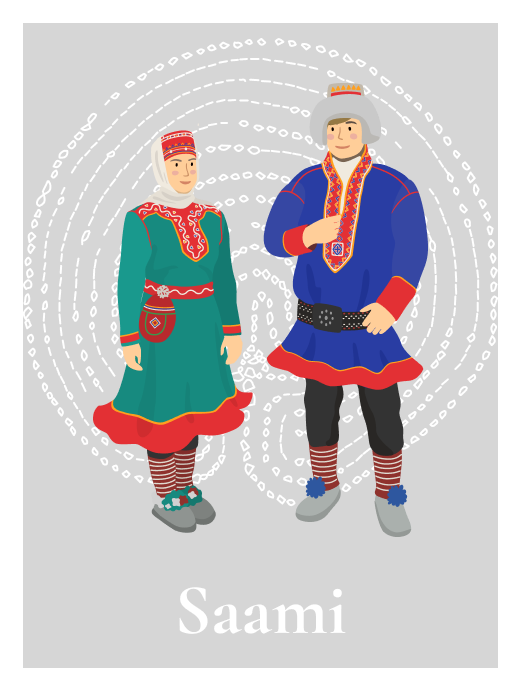
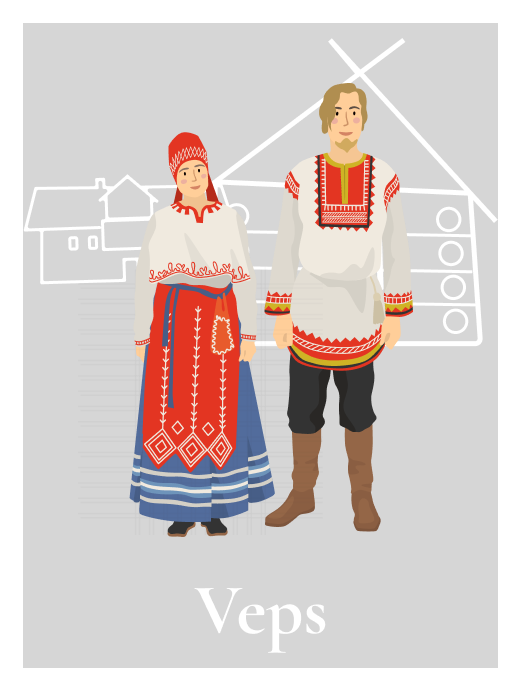
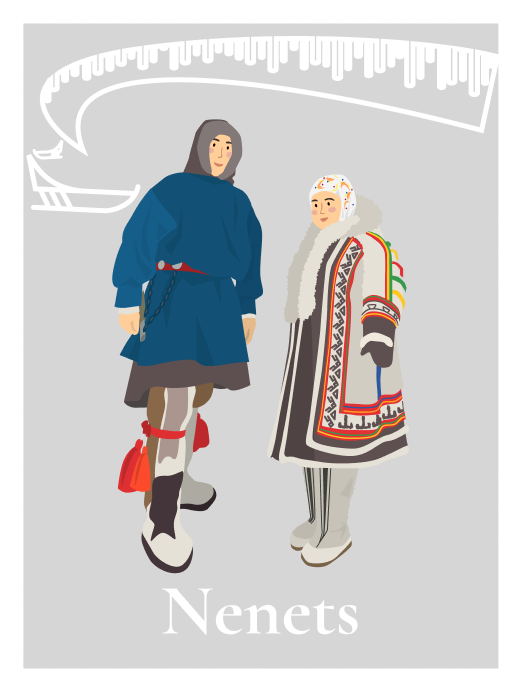
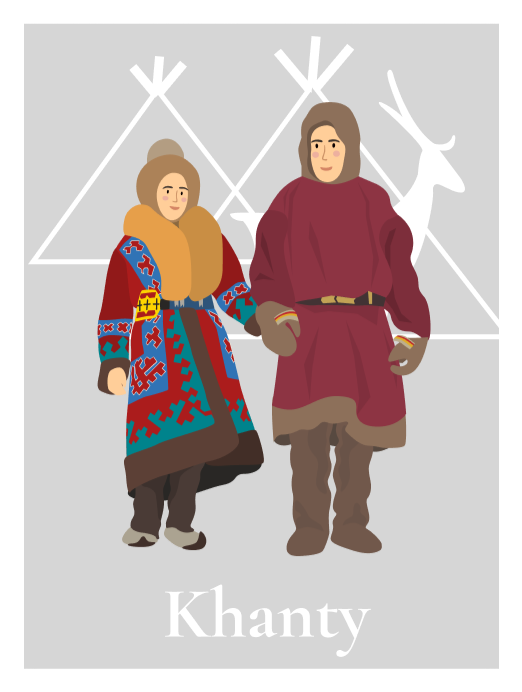
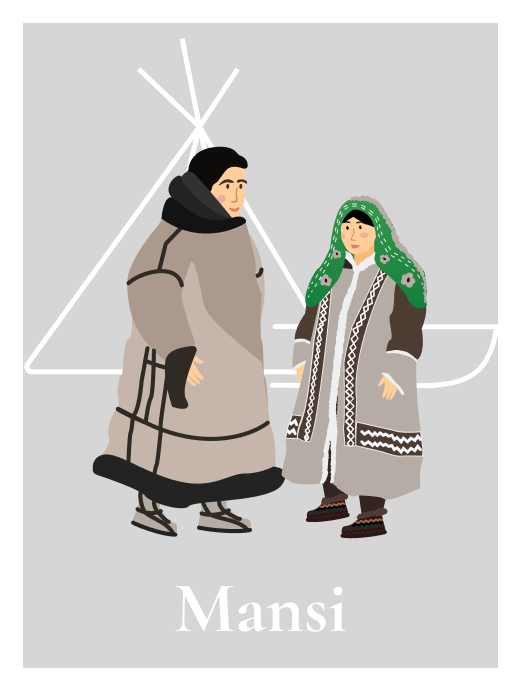
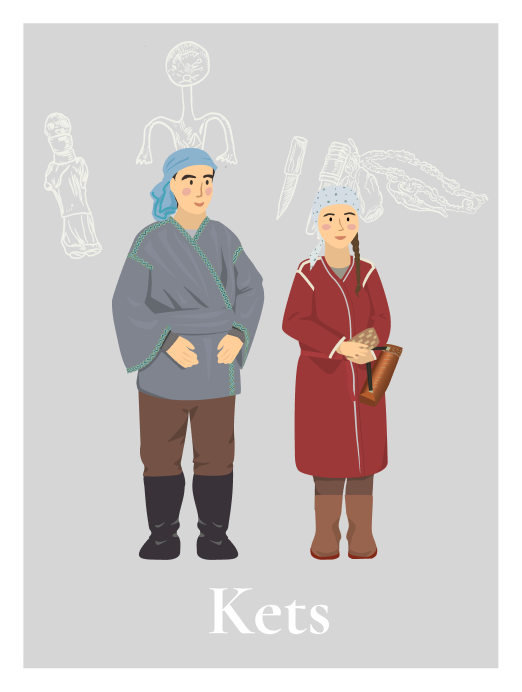
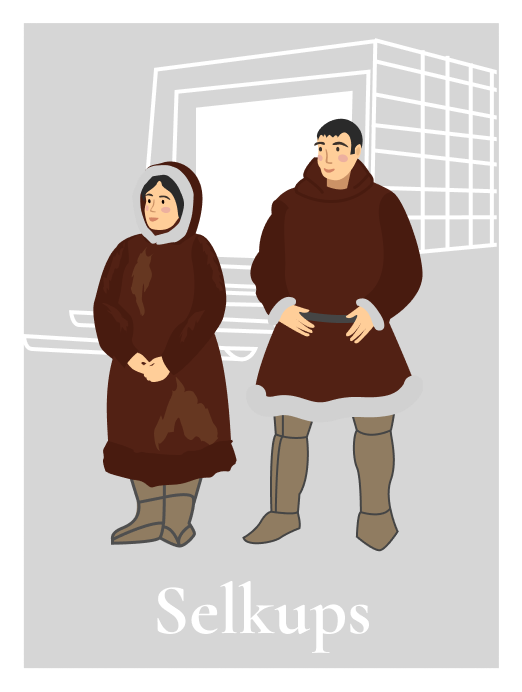
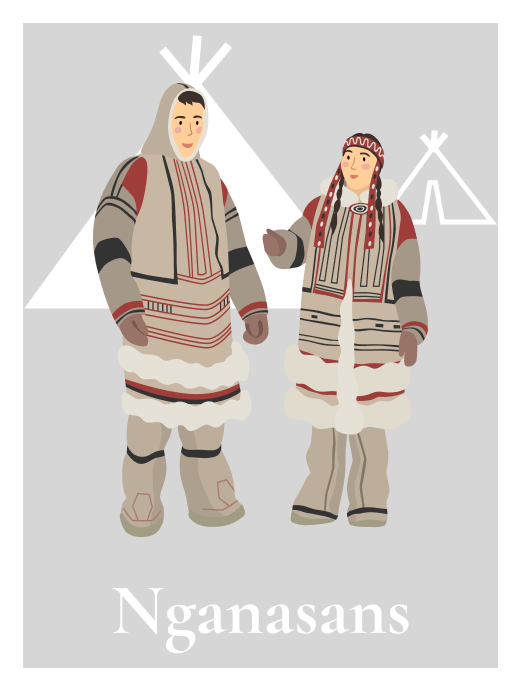
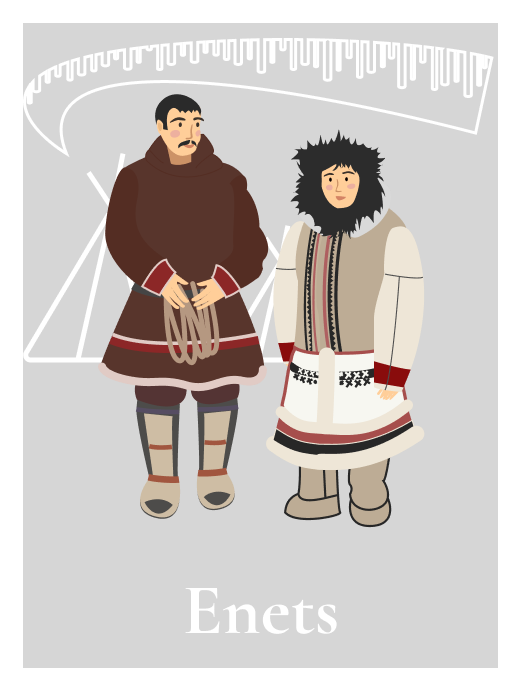
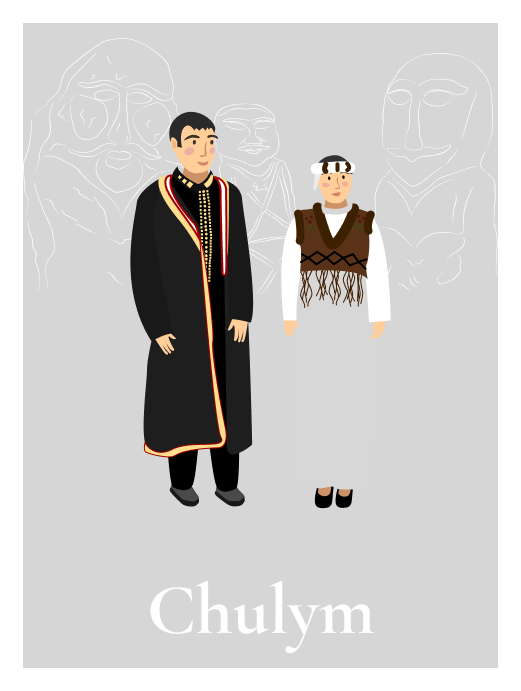
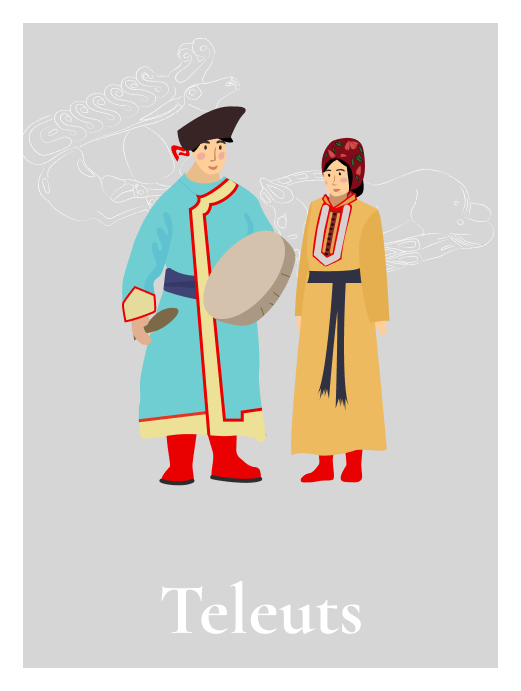
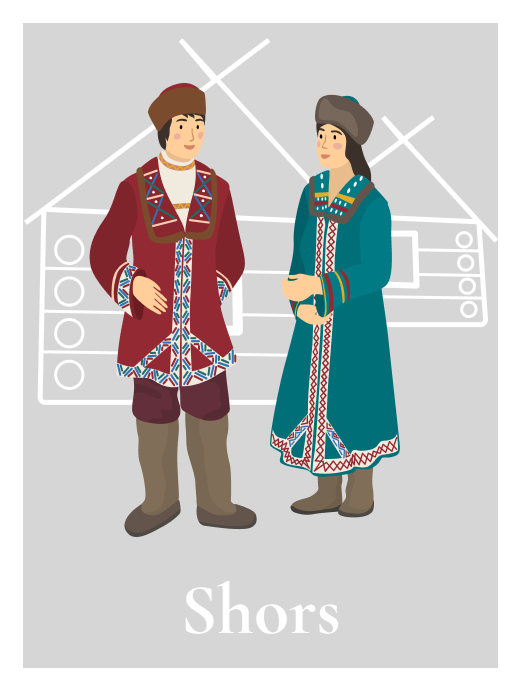
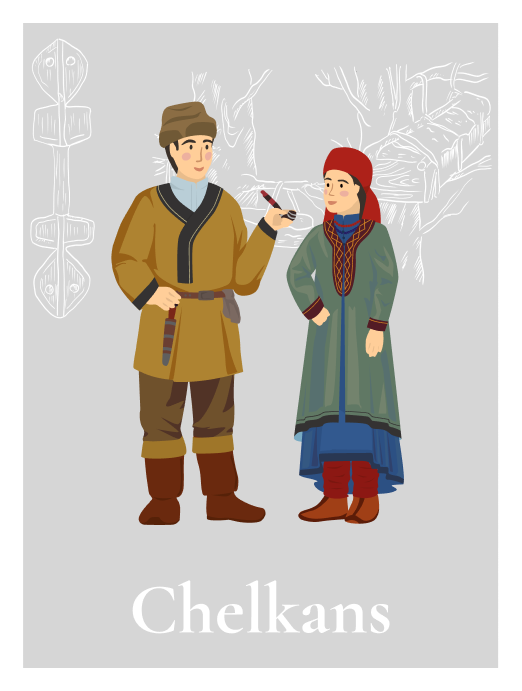
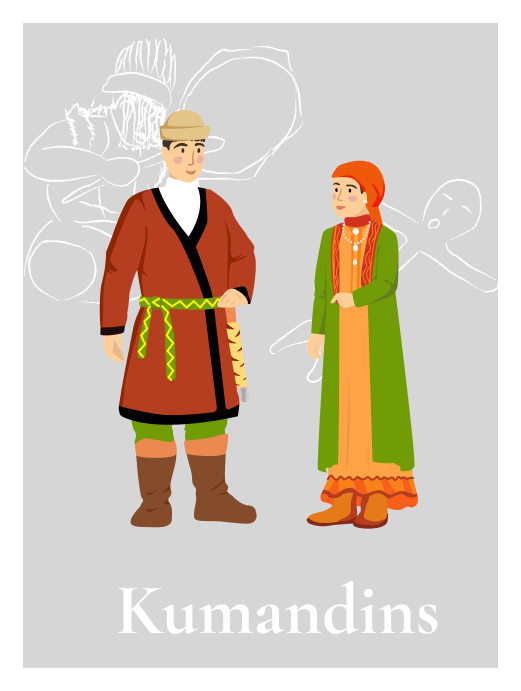
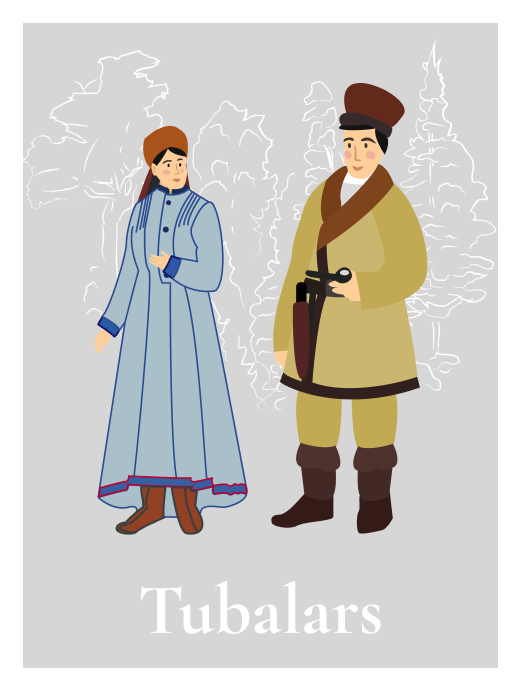
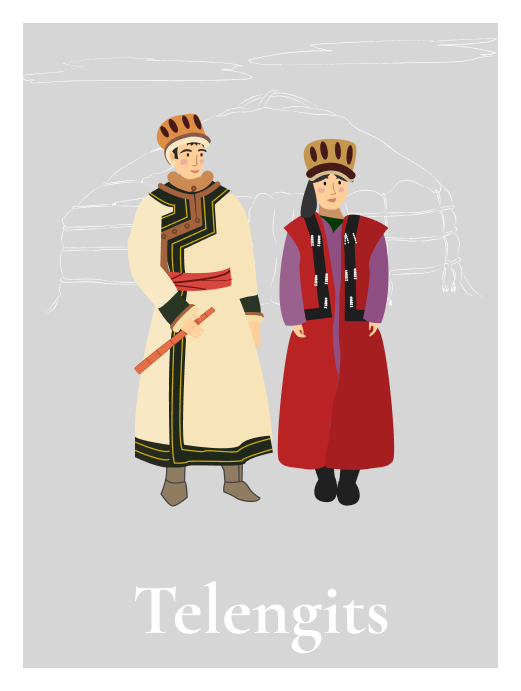
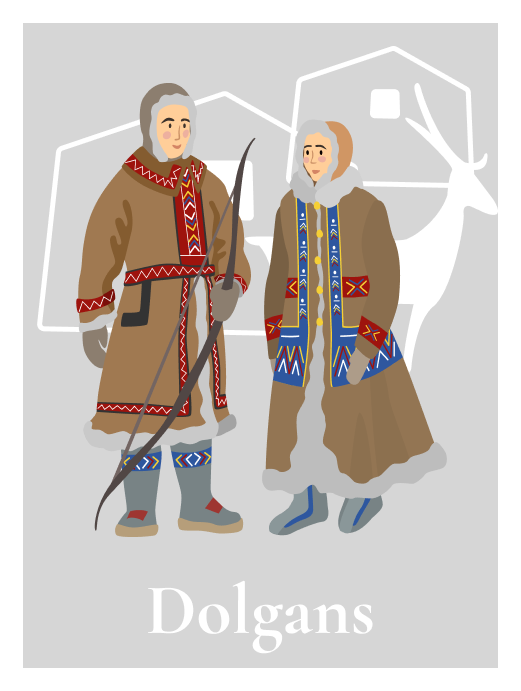
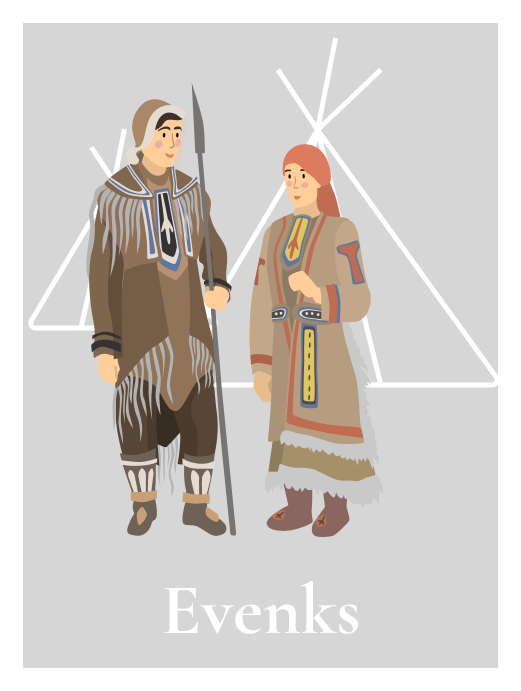
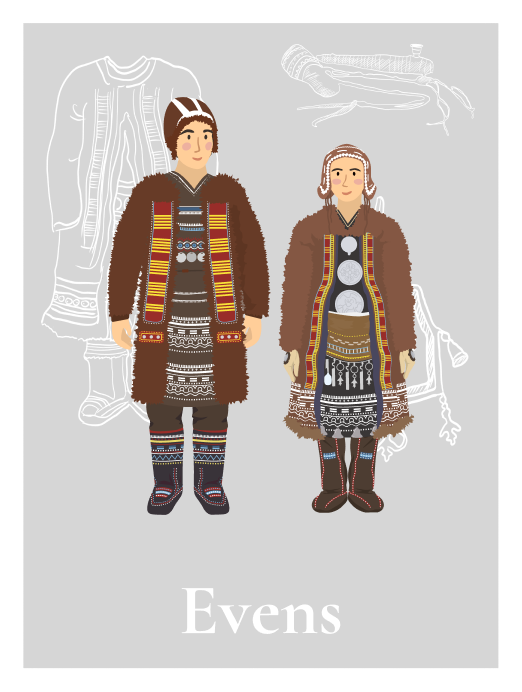
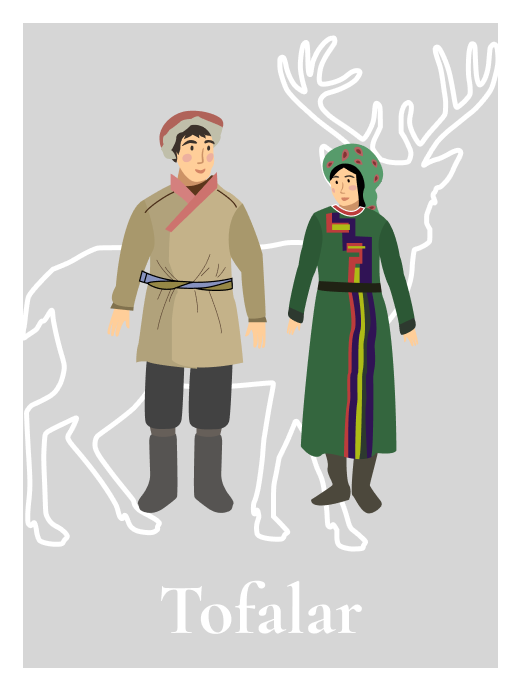
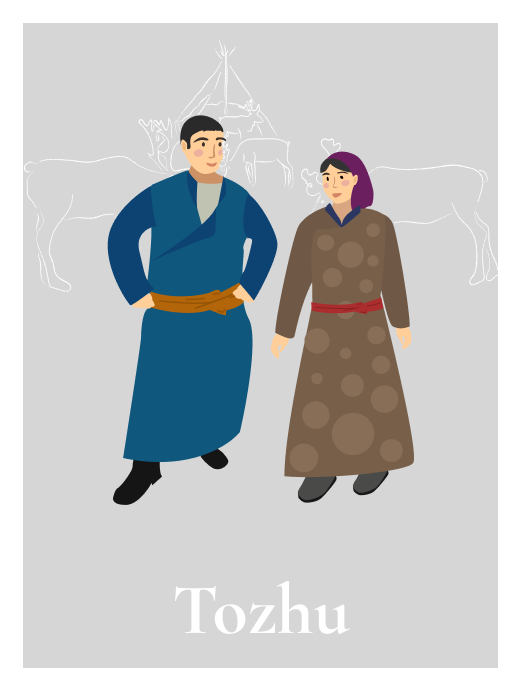
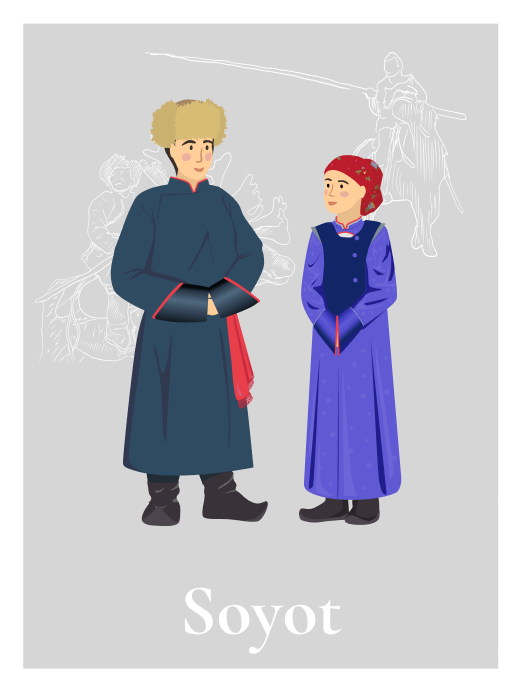
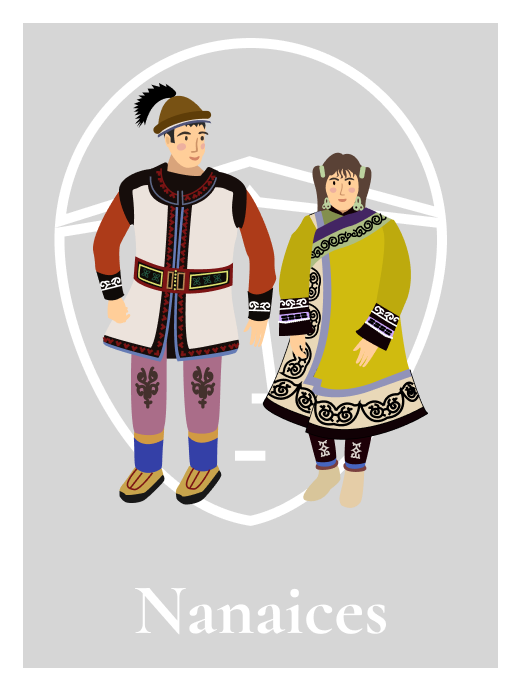
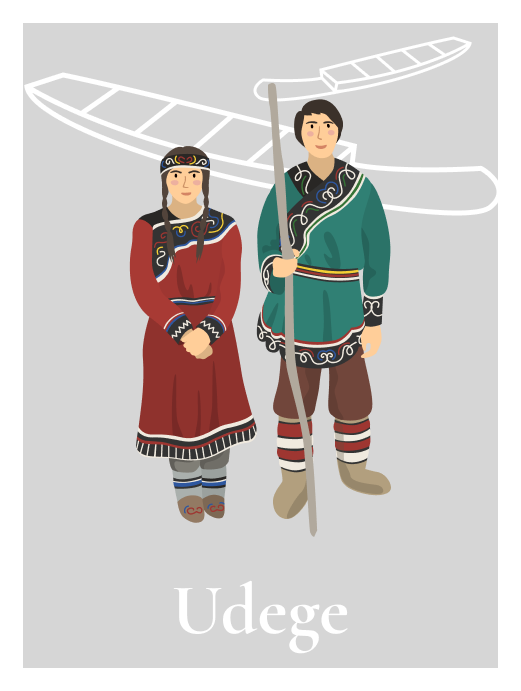
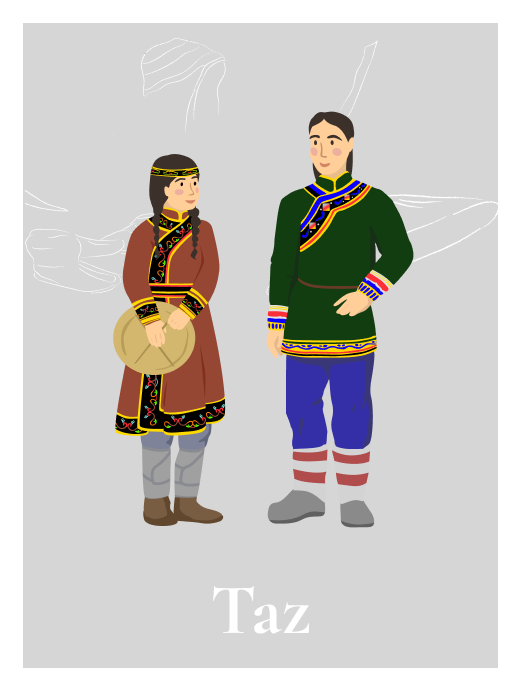
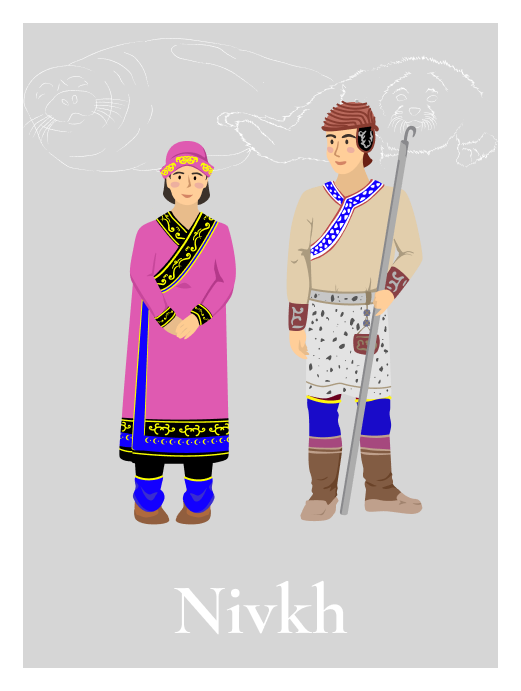
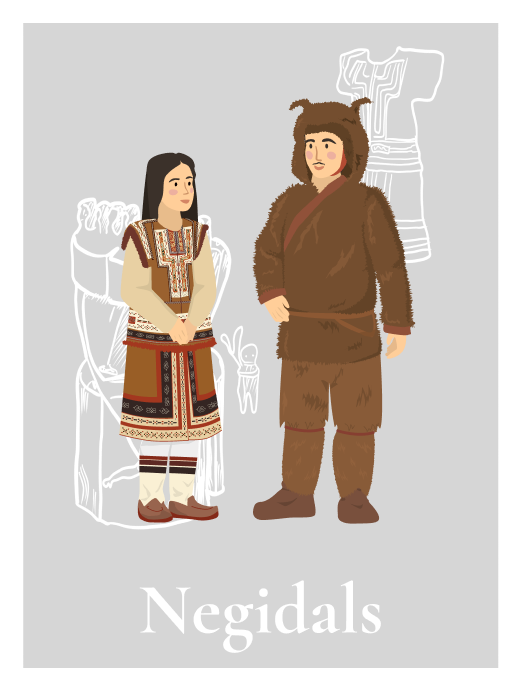
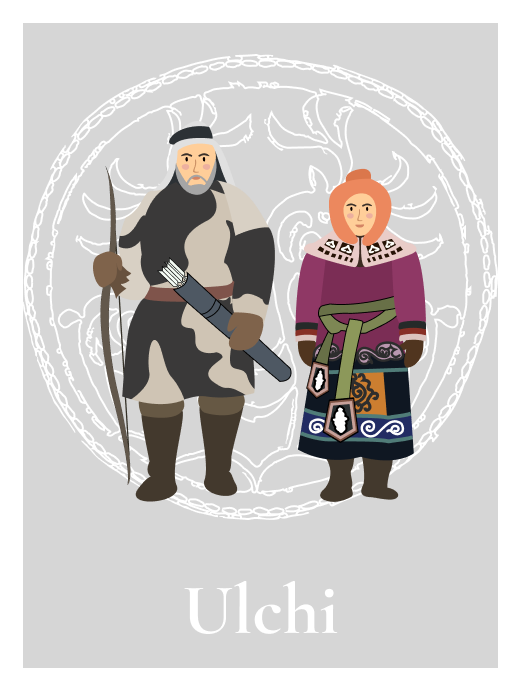
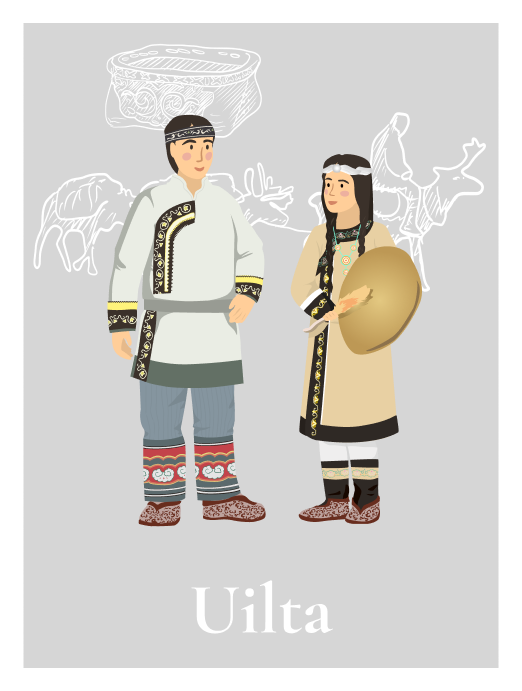
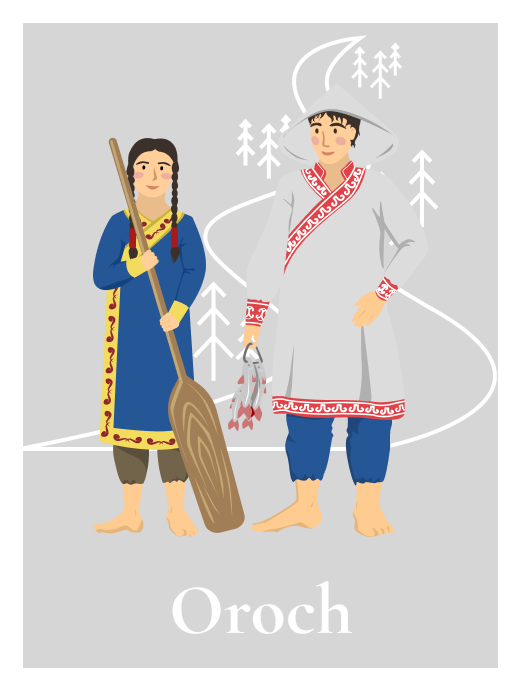
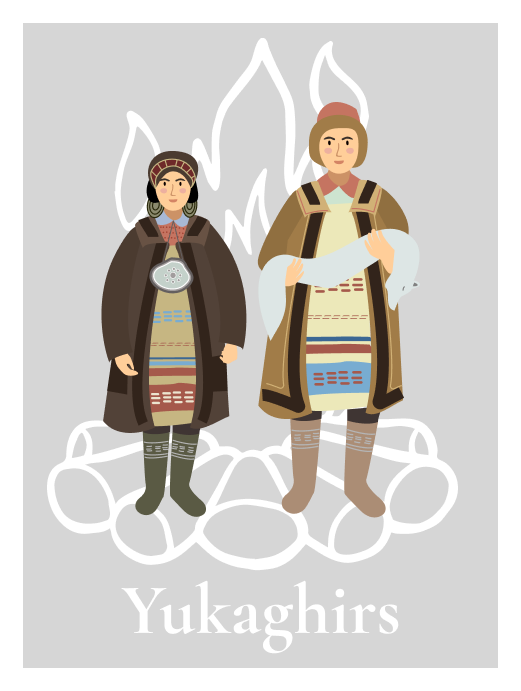
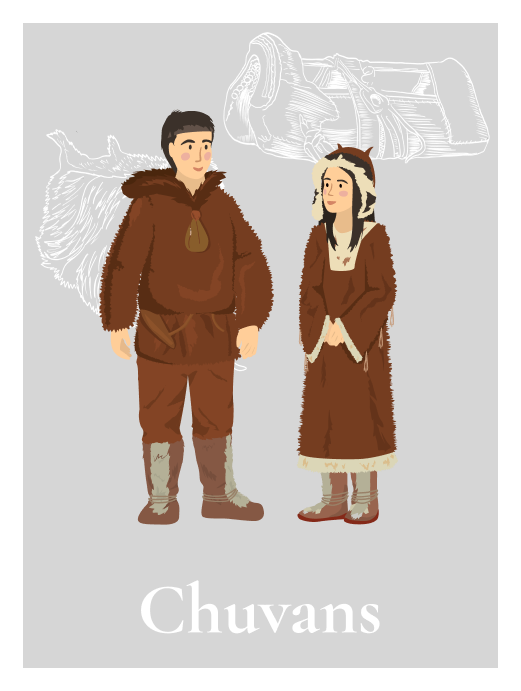
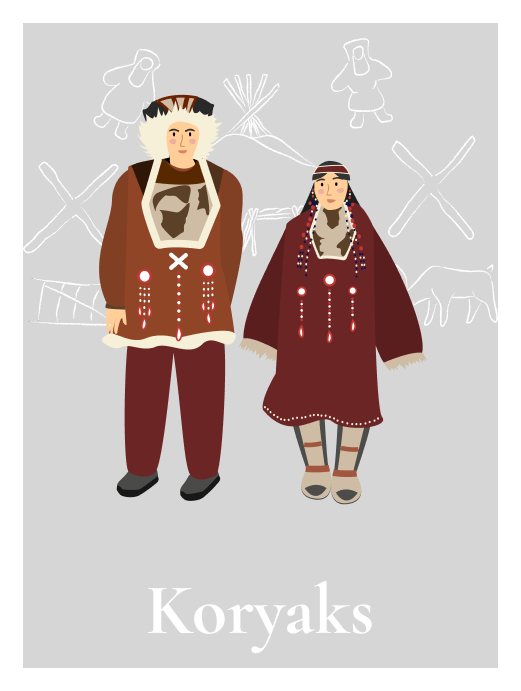
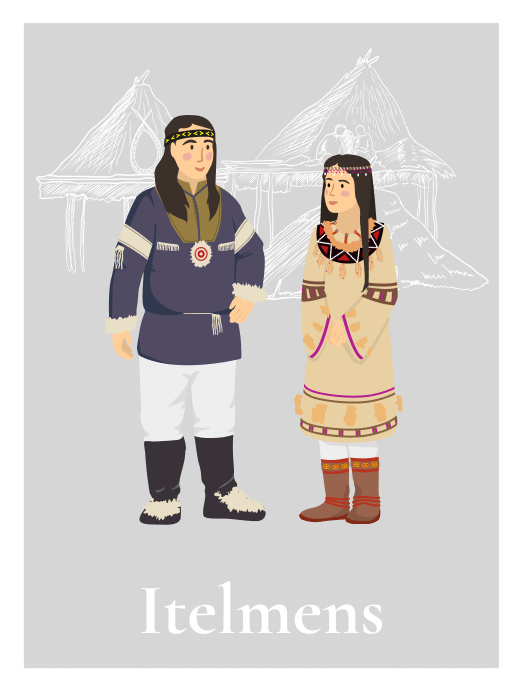
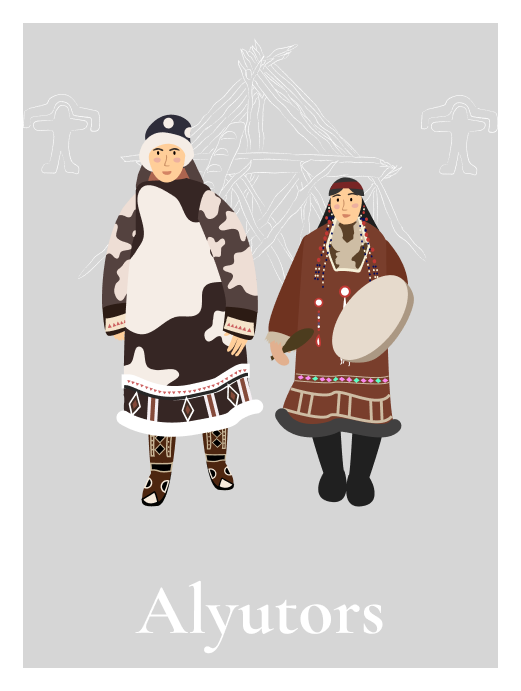
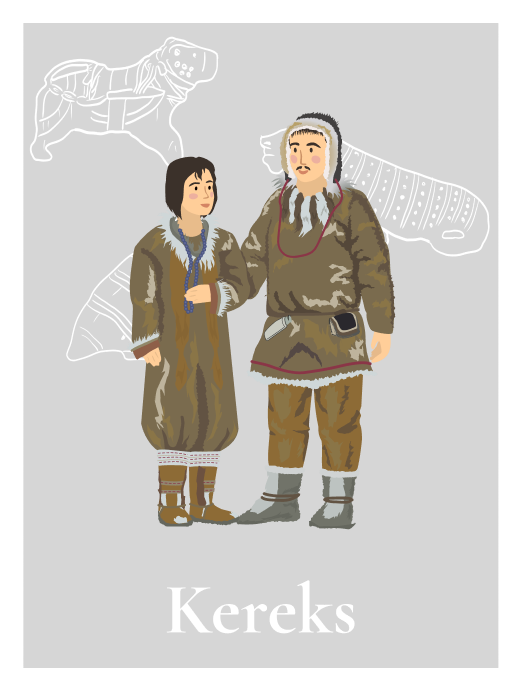
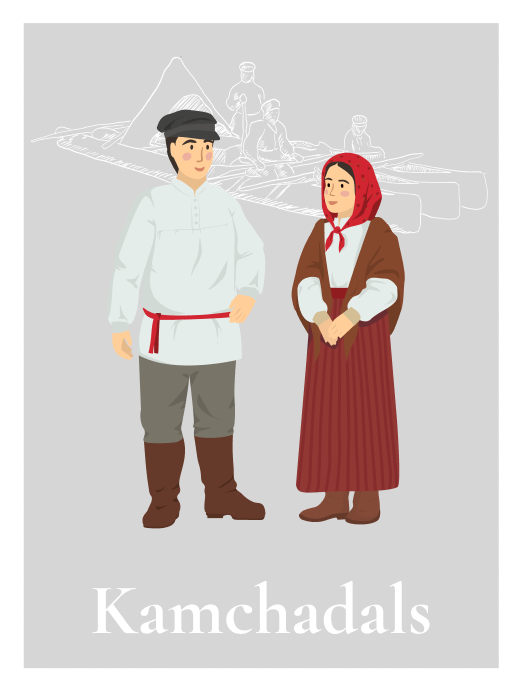
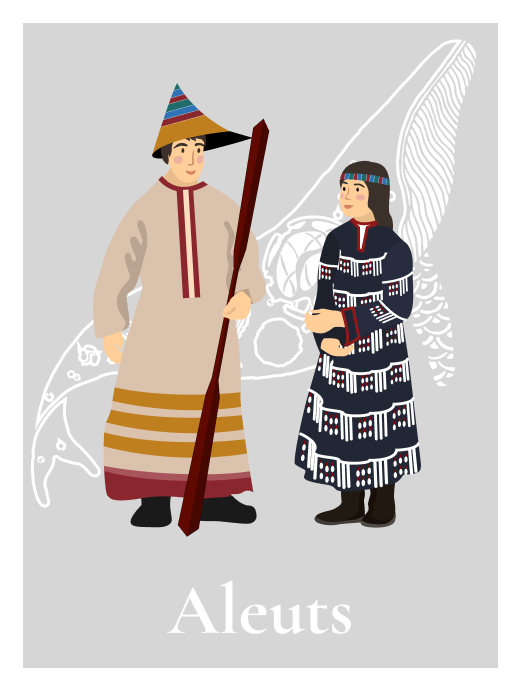
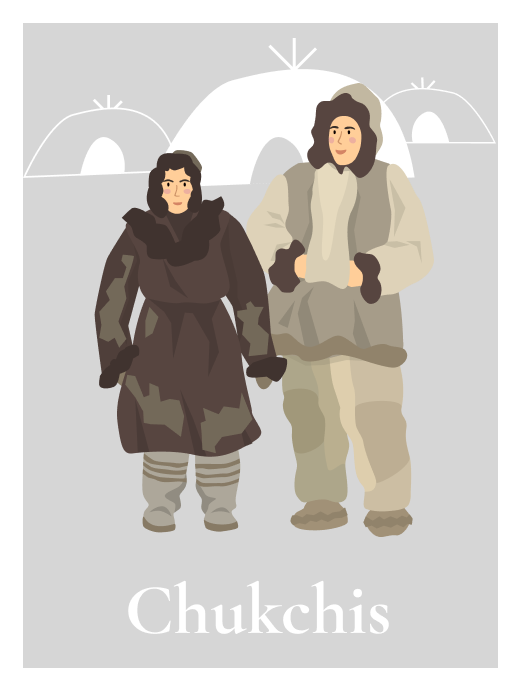
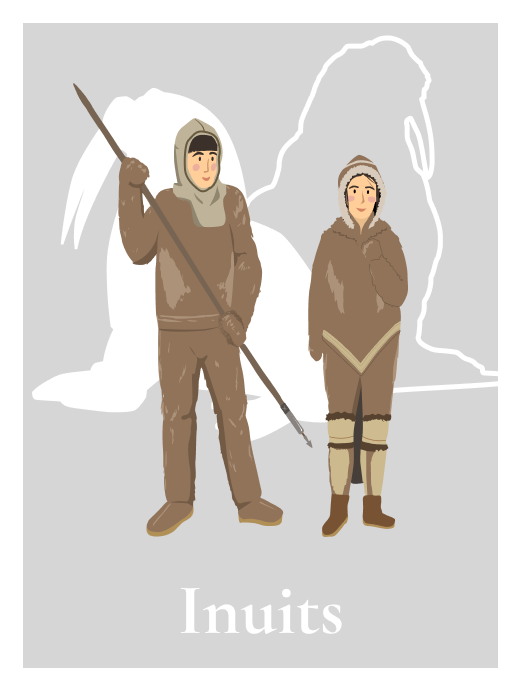
Even has an alternative (obsolete) name of Lamut language, originating in ethnonym Lamut ’‘Even’ (the ethnonym has also entered Russian Siberian old-settler subdialects). The word ‘Lamut’ stems from a word meaning ‘sea’ (i.e. Lamut is a person living by the sea). However, in most Even dialects the word for ‘sea’ is nam (only in Arman dialect it is lam), in the Evenki language it is lāmu. Therefore, it is highly probable that the ethnonym of Lamut is not an endonym, but an outer ethnonym: that was the way this ethnic group was called by their neighbours, Evenki.
The modern endonym ‘Ev’n’ ‘эвън’ (as it is easy to guess, this is where Russian Even comes from). The Even term for their language is Ewedy Tө̄ren (эвэ̇ды тө̄рэн). As K.A.Novikova suggests, the ethnonym Evėn might have stemmed from a word meaning ‘here’, i.e. Ev’n means ‘local, indigenous’.
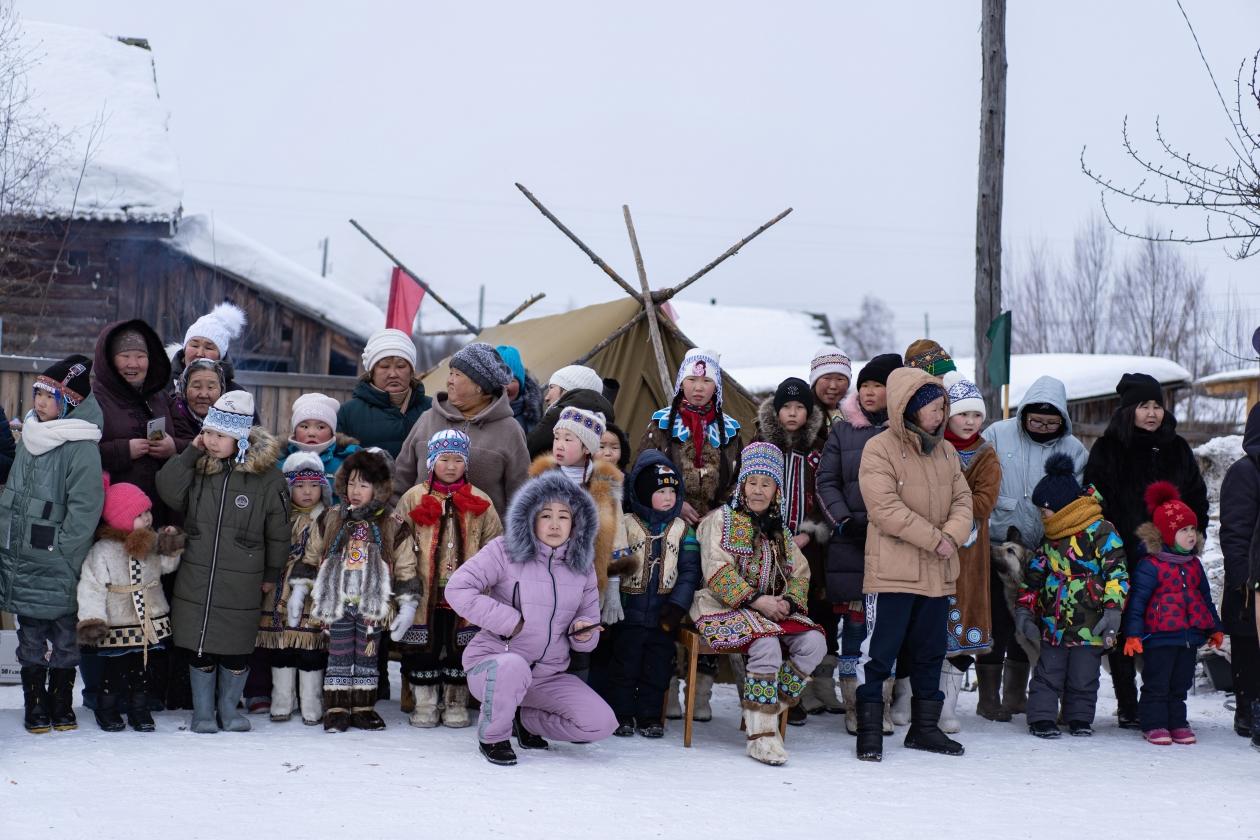
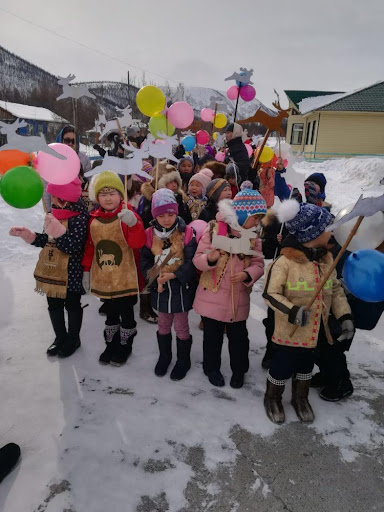
As it has been pointed out before, most Even speakers are elderly people, and in most families there is no transmission of the language from parents to children (the use of the language within families is the main factor ensuring its vitality). Due to the decrease of the number of speakers and their ageing the Even language is under the threat of dying out.